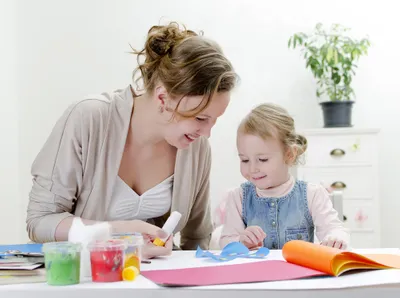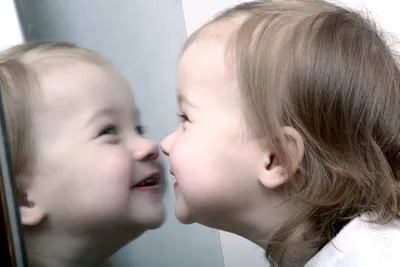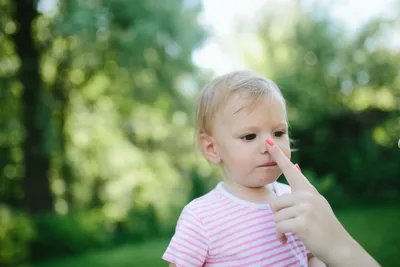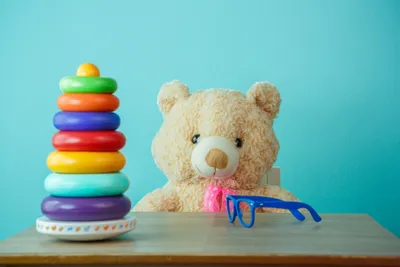Toddlers love to learn, but because they’re likely not in a formal school setting yet they rely more heavily on you to help them develop their speech skills. Luckily, there are tips and tricks that are entertaining for both you and your child that can help boost language development.
These techniques can involve simple games and interactions with your toddler that allow you to spend quality time with them as they learn. Here are seven fun activities for you and junior that will have them talking about it…
1. Make a Silly Scrapbook
The American Speech-Language-Hearing Association (ASHA) recommends a fun way to help your toddler (aged 2-4) to identify objects in different categories. It suggests creating a scrapbook or his or her favorite things, and placing images in various categories (food, cars, toys, etc).
You can also be a bit creative with this, notes the association. For example, put images together that don’t belong (i.e., a dog behind the wheel of a car). Let your toddler identify what might be wrong with the picture. You can also simply have them count the number of images on each page to get going.
2. Let Learning be a Reflection of Themselves
Parents.com recommends literally using a mirror to help your toddler’s budding language skills really blossom. This is because speech involves making specific shapes with your mouth, so watching themselves talk (i.e., while you recite nursery rhymes) can help them on their way to development, notes the source.
Remember that your child also watches you while you speak, so be sure to be articulate when speaking in front of the mirror (or in general) to help with the process. You can even try singing together as a variation, adds the source.
3. Record their Progress
This could build on the previous idea of letting your child watch themselves talk in a mirror to learn. These days, everyone has a smartphone and loves to record clips. So why not use this technological tool as a learning device?
Use the video or voice recording feature to capture what your child is saying, and then play it back for them. They may get a laugh out of it (as may you), but it’s another way they can observe speech patterns and learn to speak through reinforcement of words.
4. Let Them Talk it Out
As parents, we tend to like to intervene rather than letting kids express what’s on their mind. Babble.com says that “listening is more important than talking” when it comes to encouraging toddler speech, and it even cites a National Institutes of Health study apparently proving this point.
The source warns about the urge to “chime in” when your toddler is babbling away, so you don’t end up finishing their sentences for them. Even if the sentence doesn’t make much sense, you can let them finish their thoughts without interruption. Once they are finished speaking, then you can respond appropriately.
5. Affirm When they’re Right
When they’re pointing at an object and identifying it, you can give them a little boost by confirming they are using the correct word, notes BabyCentre UK.
For example, if they’re pointing at a utensil and say “spoon”, you can counter with “that’s right, it’s a spoon”, notes the source. Don’t criticize how clearly they say the word; focus on what they’re attempting to say to help build their confidence, adds BabyCentre.
6. Build Self-Awareness through Speech
ASHA suggests helping your child aged 2- to 4-years identify their body parts by name, and then expanding on this knowledge by encouraging them to describe what each body part is responsible for.
For example, notes the ASHA, have them point to their nose and encourage them to say something like, “ This is my nose. I can smell flowers, brownies, popcorn, and soap.” You can do the same with hands (“these are for picking up toys”) or, appropriately, their mouth (“this is for talking and eating”).
7. Freestyle During Toy Time
BabyCentre UK says just being present when they explore with their toys can be a big motivator for them to learn words and express them. This means just getting down on the floor when they are having fun with objects around them, and engaging them in simple conversation.
You can add to the fun by asking them what they’re doing, or to pretend their stuffed bear is real and simulating what it might say, adds the source. You can even sit down the bear at the lunch table when it’s time to eat to continue this playful interaction.









